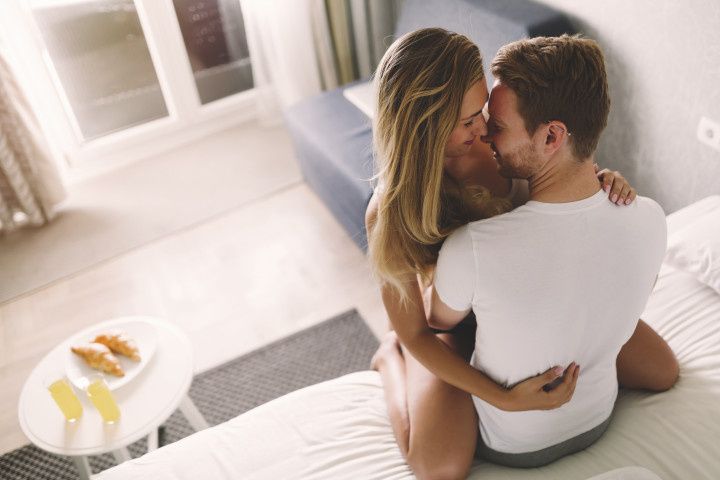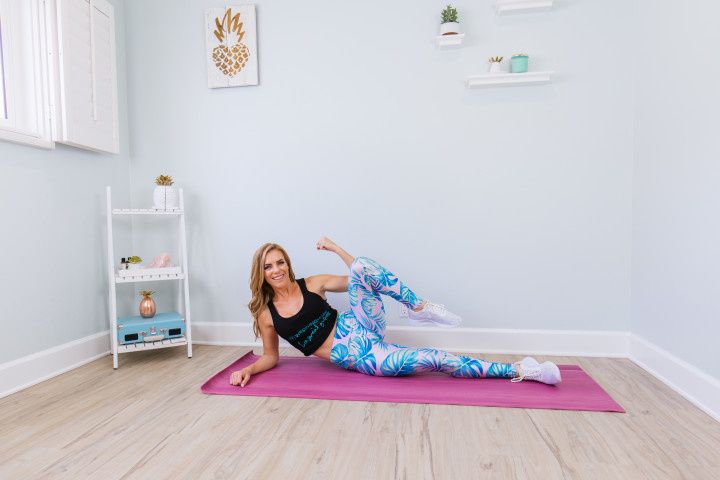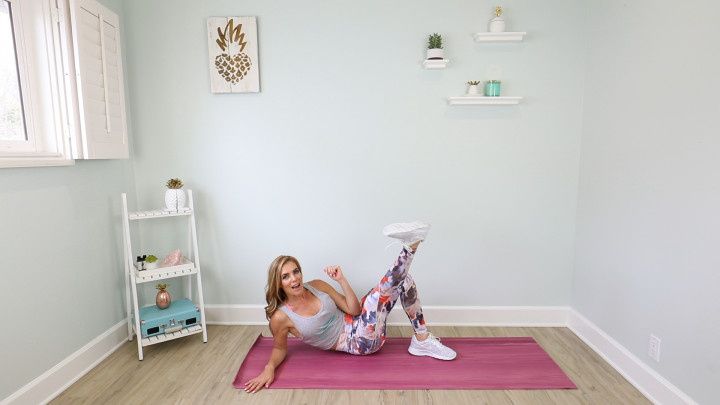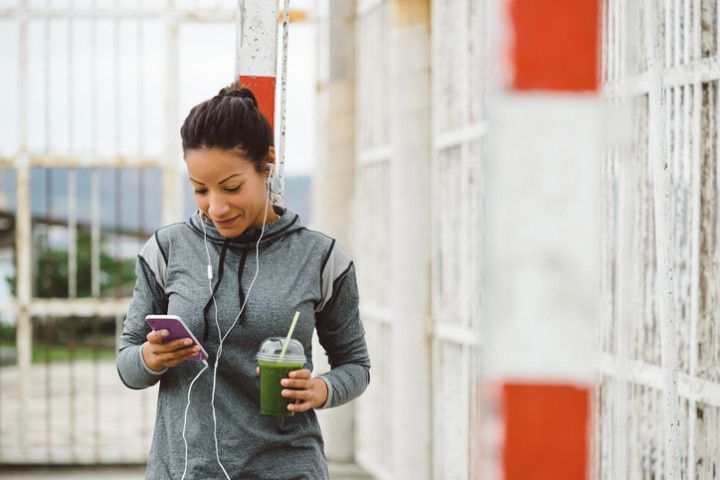8 Ways to Score Better Sleep While Wedding Planning
Getting enough shut-eye is a major factor in ensuring you'll look and feel your best on your big day. Here, experts share their advice for how to get better sleep as you plan your wedding.


Let’s face it—planning a wedding is nothing short of exciting, but it can also be super stressful. And stress and sleep don’t mix well—and it can be hard to figure out how to get better sleep when you’re in the pre-wedding period. In fact, stress and anxiety are some of the most commonly cited causes of insomnia, points out certified sleep science coach and the founder of the sleep research site SleepZoo, Chris Brantner. “This creates a vicious cycle, as sleep deprivation also exacerbates anxiety and leads to more stress,” he adds. “Combined, this can make the wedding-planning process, preparing for one of the most looked forward to days, completely miserable.”
While you might not consider a good night’s rest a gift, Suzanne Stevens, M.D., Clinical Assistant Professor in the Department of Neurology at the University of Kansas Medical Center who specializes in sleep medicine, explains that knowing how to get better sleep can help big time when it comes to ensuring that you get the wedding that you want. “In the planning stages of the wedding, the concern for sleep disruption is intrusive thoughts as you are trying to go to sleep—and, if these thoughts are stressful, such as ‘I forgot to make that call today!’ it’ll raise adrenaline and result in you feeling more awake,” she says. “Many nights and weeks of poor sleep can result in higher cortisol levels causing disruption in your hormonal system, and also make you appear tired.”
Luckily, there are tricks of the sleep trade that can ensure you don’t wind up with dark circles and debilitating fatigue on the most important day of your life. Here, sleep experts share their best kept secrets for how to get better sleep in the months, weeks and days leading up to your wedding day.
Stick to a schedule.
This is important any time in your life, but especially during wedding planning when you’re dealing with a seemingly endless to-do list. “By sticking to both a sleep and wake schedule, your body will expect bedtime when it comes around and have an easier time winding down to get to sleep,” says Brantner.
Put wedding planning away an hour before bed.
When you have so much to do, it can be tempting to work until the very last minute before you have really have to go to bed. But this can seriously inhibit your ability to fall—and stay—asleep. “You have to be able to turn wedding planning ‘off,’ so to speak,” says Brantner. He recommends setting a firm rule—no working on wedding planning an hour before bed. “This will give you time to let it go and relax, which will help you have a better shot at getting to sleep on time,” he adds.
Make a to-do list before you go to sleep.
“Recent research shows that putting pen to paper and creating a to-do list before bed can help you offload worries and know how to get better sleep,” says Brantner. “So, before you lie down, write down your major wedding planning tasks for the next day.” This, he explains, will help you sleep better and be more productive the following day, which can offer some positive momentum for sleep.”
Avoid coffee in the afternoon or evening.
It might be the one thing you rely on to keep you energized and alert throughout your busy day full of work, exercise and wedding planning, but be wary of overdoing it on caffeine. While it might make you more productive, it can ruin your sleep. “Caffeine will stay in your system for about six hours, so drinking it too late in the day can trick your body and mind into thinking they aren't tired,” warns Brantner. “Even if you can fall asleep, research suggests that the caffeine can disrupt the natural progression of your sleep cycles, which means your sleep quality goes down as well.”
Stick to a regular exercise regimen.
You may be tired, but it’s best not to skip out on your workout. “Getting the blood flowing with a good workout has shown to help you sleep better,” says Brantner. “Not only that, it has the added benefit of helping you feel and look your best come wedding day!”
Delegate.
Use your bridesmaids, friends and family members to your advantage! After all, they’re there to help. If, it’s in your budget, Teofilo Lee-Chiong, M.D., sleep expert and professor at National Jewish Health and Chief Medical Liaison at Philips, recommends hiring a wedding planner to help you with the bulk of the work. Just be sure to discuss your budget, expectations and timelines with her or him. “Gather everyone and discuss how each person is essential to the celebration—then you can create a list of expectations, including getting sufficient sleep.”
Cut back on booze.
It may be surprising, but if you’re considering how to get better sleep, cutting back on your alcohol consumption can be a big help. The months, weeks and days leading up to your wedding are, of course, a time to celebrate, but be careful not to overdo it on the alcohol—especially in the hours before bedtime. Doing so, Dr. Lee-Chiong explains, can disrupt sleep and lead to awakenings during the night.
Leave your phone in the living room.
Dr. Stevens suggests keeping electronics away from your bed so you are not tempted to use them or look at them. The same goes for looking at the time on your phone. “Clock watching promotes alertness both by the light and also by the thoughts of ‘I only have so much time to sleep,’ which puts pressure on you to sleep,” she adds.





